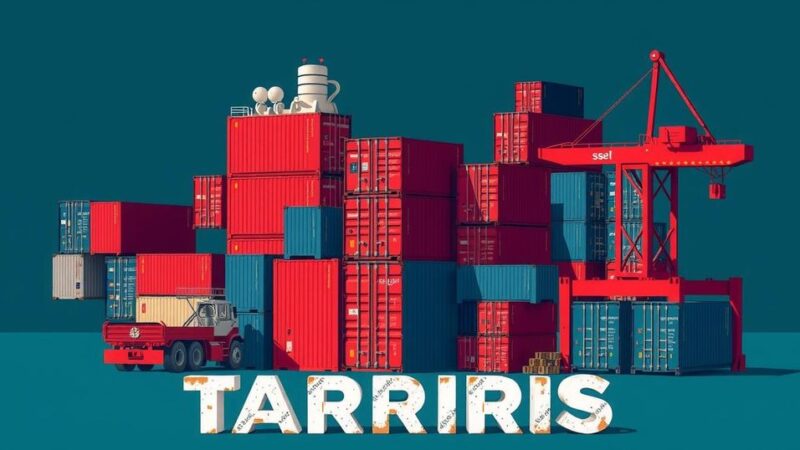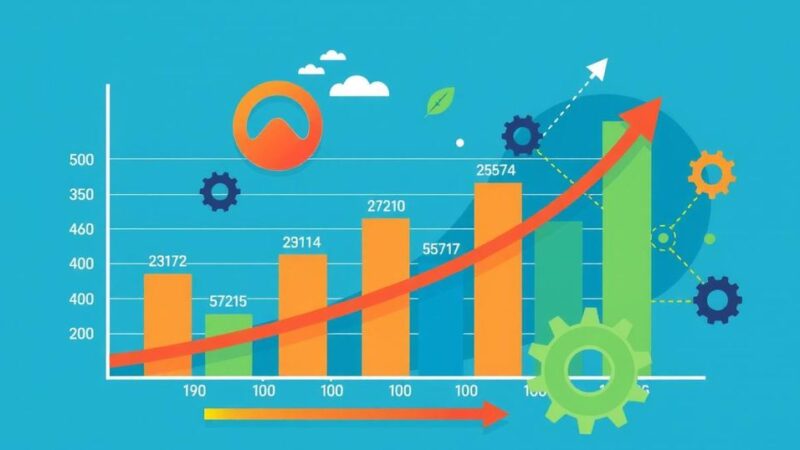Brazil’s COP30 President-Designate André Aranha Corrêa do Lago calls for a revitalization of climate efforts, highlighting the importance of the upcoming November summit as a turning point. He urges nations to enhance their climate pledges while acknowledging significant challenges faced, including the U.S. withdrawal from the Paris Agreement, insufficient financial commitments, and the urgency posed by rising global temperatures.
André Aranha Corrêa do Lago, the President-Designate for COP30, recently articulated a vision for revitalizing global climate action amid significant challenges. He emphasized the necessity for countries to recognize the forthcoming climate summit in November as a pivotal opportunity to redirect efforts. Drawing upon the football term “virada,” which signifies a comeback, he expressed optimism for transformative change in climate policy.
In a vision document unveiled on Monday, Mr. Lago highlighted the pressing nature of the climate crisis, especially following the United States’ withdrawal from the Paris Agreement and unmet financial commitments from previous negotiations. He stated, “Together, we can make COP30 the moment we turn the game around, when we put into practice our political achievements.” The upcoming summit, which will be hosted in the Amazon, faces unprecedented challenges as it marks the first gathering at the center of an ongoing environmental crisis.
With January 2025 recorded as the warmest month globally and a continuous rise in average temperatures, urgent action is vital. The Financial Stability Board has raised concerns over climate shocks threatening global financial stability, further emphasizing the summit’s significance. Coinciding with major anniversaries of previous climate agreements, COP30 aims to galvanize actions aligned with limiting temperature rise to 1.5°C through enhanced national climate plans.
The Brazilian presidency is focused on promoting adherence to the “Baku to Belém Roadmap to 1.3T” finance framework, which seeks to enhance low-carbon pathways in developing nations. Despite recognizing that Nationally Determined Contributions (NDCs) are independently set, there is a strong intention to foster dialogue on improving climate ambitions. The document asserts, “We will be judged in the future by our willingness to firmly respond to the growing climate crisis.”
Brazil urged countries to present ambitious NDCs that ensure commitments under the Paris Agreement translate into actionable frameworks for prosperity. Progress has been sluggish, notably within G20 nations, with many missing deadlines to update their contributions. The dissatisfaction surrounding the financial provisions from COP29 remains, particularly with developing nations feeling let down by insufficient funding.
The situation has been further complicated by uncertainties introduced by the U.S. decision to withdraw from the Paris Agreement, which affects approximately 20% of historical CO2 emissions. In a call for renewed collaboration, Mr. Lago invoked the indigenous term “mutirão,” emphasizing the importance of collective action. He concluded the document by assertively stating, “2025 must be the year we channel our sadness and indignation towards constructive collective action.”
In conclusion, Brazil’s COP30 presidency under Mr. Lago emphasizes the critical need for nations to collaboratively address the climate crisis. By advocating for ambitious climate plans and highlighting the urgency of the situation, especially given the challenges posed by the U.S. withdrawal from the Paris Agreement, the presidency aims to ignite momentum towards meaningful action. The invocation of community and collective ethos underscores the importance of united efforts to navigate the complexities of climate policy moving forward.
Original Source: www.hindustantimes.com






